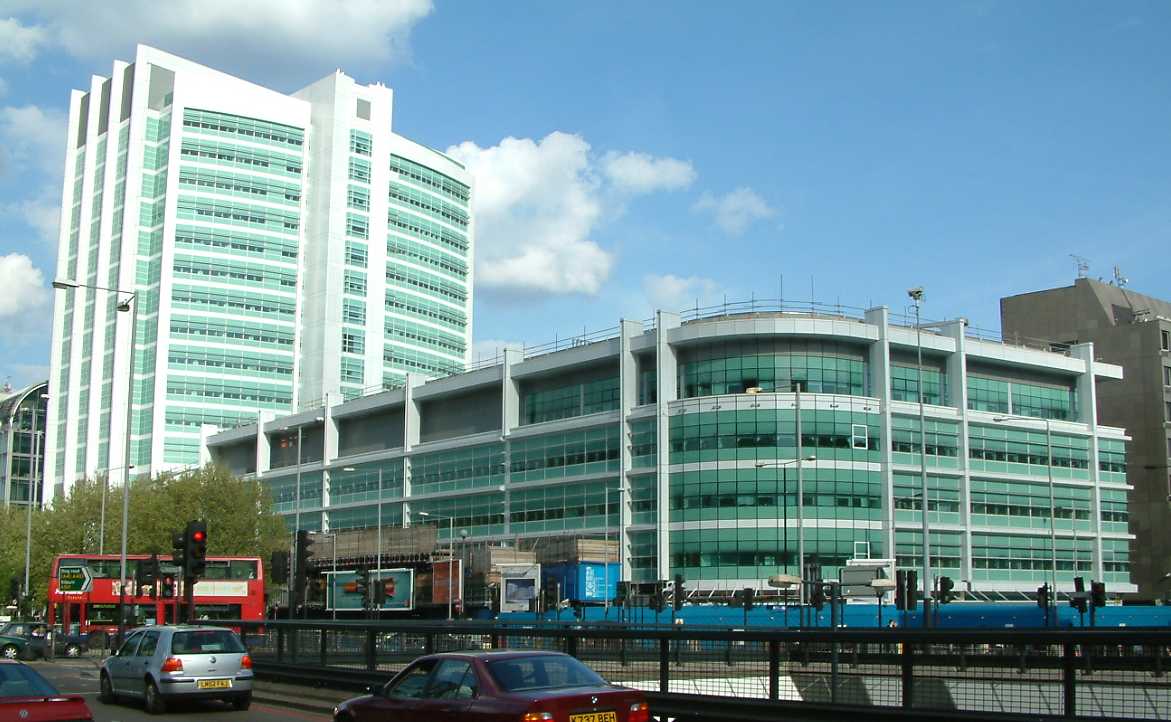[Photo: University College London Hospital where Ian Phillips completed the Fellowship of the Royal College of Pathologists examinations – Creative Commons]
Although chemical pathology currently plays a crucial role in our laboratories and health system, Awanui clinical scientist Ian Phillips sees the opportunity to expand the field in New Zealand.
“There is currently a shortage of chemical pathologists in New Zealand. While we are needing to bring in skilled, qualified people here from overseas, there is a real opportunity to develop a national training program and career pathways for scientists in both the public and private sector,” says Ian.
In conversation, Ian talks of his own training and experience in the United Kingdom as an example of what someone entering this field can achieve.
“My career began by researching how cholesterol is moved through part of the body’s intestine known as the Jejunum. When the project finished, I actually ‘wheedled my way in’ to the Chemical Pathology department at Southampton General Hospital when one of my colleagues had left. It was here my pathology career started.”
In the UK at this time, clinical scientist modality (areas of practice) became part of the Health and Care Professions Council, the equivalent of New Zealand’s Medical Laboratory Sciences Council, and formed the clinical scientist training program.
“I became what I describe as a pseudo trainee by funding myself to study for a Master of Science in Clinical Biochemistry, with Molecular Biology, alongside those on the HCPC training program. From here I moved up the grades in chemical pathology, around different sections of the labs, getting involved in everything from the maintenance of the laboratory equipment, toxicology, chromatography and bleeding and analysing blood gases in cardio thoracic intensive care.”
Promotion led to Ian moving to the University College London Hospitals and completing the Fellowship of the Royal College of Pathologists examinations.
“Having an interest in getting the lab out of the lab, I worked on setting up an innovative service for taking our expertise and equipment into the operating theatre, supporting surgical teams with intraoperative parathyroid hormone measurement. This enabled them to determine which parathyroid glands were abnormal and not functioning correctly during surgery and the levels of calcium in the patient’s bloodstream. By ensuring the correct biochemical and surgical treatment for these patients drastically reduced the number of repeat procedures.
”As deputy-director of the Steroid Endocrinology Unit, I also managed a world-wide External Quality Assessment scheme for urine steroid profiling at UCL.”
It is this extensive experience and passion for pathology and laboratories which Ian brought to New Zealand in 2013 and to Awanui.
As the first dual Fellow of the Royal College of Pathologists and the Faculty of Science of Royal College of Pathologists Australasia in Chemical Pathology, how does Ian see the future path for chemical pathology in New Zealand?
“Once again, it comes back to having the opportunity to train and learn, so people here can develop the high-level skills and knowledge as happens in the UK.
“It is very competitive to be accepted onto the clinical sciences training programme in the UK, with around 125 applicants for one place on the course. Many who fail to get onto the course often pay for themselves to do the MSc and then reapply,” says Ian.
“In New Zealand, we also need to do the same and attract people to chemical pathology to build our own talent, knowledge, and expertise. I am encouraged by talking with colleagues on what is happening at Awanui and the Institute of Medical Laboratory Scientists on developing a career structure in New Zealand. Otago University is also looking at potentially running a Master of Science course as a pathway to training and careers as well.
“This is a great start to seeing more clinical scientists working in New Zealand in an area of science which provides so many opportunities and supports amazing technology advancements, research, and 85 percent of all clinical decisions.”
Ian is also scoping a PhD thesis with the objective to develop a collection of papers analysing common adrenal problems and addressing the gaps in the research, and knowledge, on adrenal hyper function with the body.
“I am working with Professor Patrick Manning at Te Whatu Ora and examining issues such as Pseudo Cushing’s Disease and Conn’s Syndrome through measuring various adrenal cortex steroids.
“This could potentially lead to new tests being developed at Awanui laboratories for a wider range of steroids, along with managing questions and issues discussed at our Multi-Disciplinary Team meetings and continuing to support improvements in diagnostic sensitivity and specificity for better patient outcomes,” says Ian.
